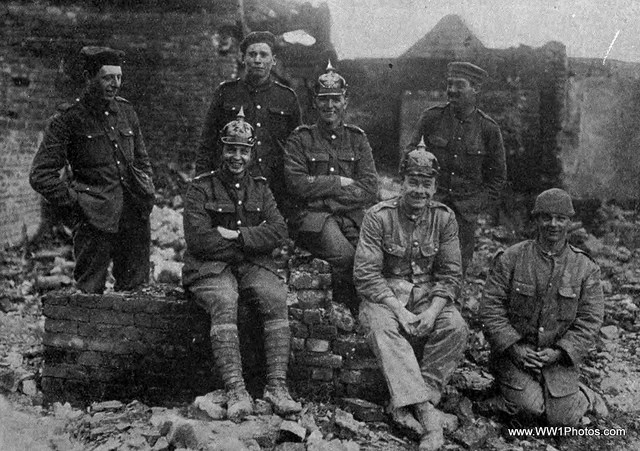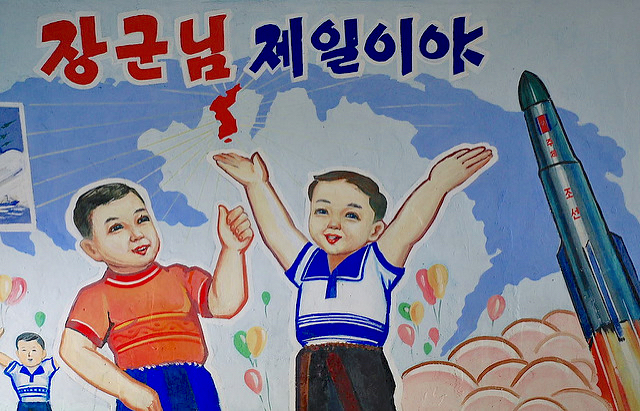The Germans had prepared in advance for “gas” cases, and the chances are that they pulled through a good many of us who might have died had we been taken back to our own hospitals, where they had, at that time, small facilities for handling that kind of trouble. The ward was kept as hot as a Turkish bath, and some of our chaps thought this was done with the idea of making our agony worse.
If there was any real ground for complaint it might have been on the score that the doctors tried a good many experiments on us because this was the first chance they had had to study gas poisoning on a large scale. But that was no more than we could have expected.
Probably our own doctors would have been glad of some “dogs,” in the shape of Huns, to “try it on” when they first began to study “gassing.”
But the doctors were always attentive, and the nurses always kind—more than kind, most of them. But I already had learned that a nurse’s best stock-in-trade is her “sympathy,” and those I met in Germany were no exception to the rule.
I think it was the way that those plump blonde fräuleins looked after us poor devils in that steaming-hot ward that kept me from trying to run amuck and commit murder as soon as I was well enough to be sure that my memory of those two Huns tinkering at our machine-gun with my old monkey-wrench was no “fevered vision”.
I have been told often since returning to England that it will be just as well not to say too much about my hardships in the German prison camps, as it might be the way of making things all the worse for those still doomed to remain there. So I shall touch lightly on this side of my experiences, and, to be on the safe side, will try not to mention any camps or other German localities by name.
I was sent to what, had I but known it, was the most liberally run prison camp in Germany after my discharge from the hospital, but even at that the treatment was so abominable in comparison with what I had been receiving and had a right to expect that it undid at once the “soothing” effect the kind nurses and doctors had had on me.
I don’t mean that I went back physically a great deal—my constitution was too strong for that—but only that my old hate of the Hun redoubled. This would have been all very well if I had only been back in the trenches, but in a prison camp it could only have one end.
I dropped in his tracks with my fist—mighty hard it was his shaved head felt to my half-healed “right”—the first guard that tried to hustle me into line with the toe of his boot. Then I used up what strength I had left in a rough and-tumble with three or four others, until one of them finally put me to sleep with the butt of his rifle.
In at least three other camps I could name I would have been shot then and there (it has happened to many a lad whose pride made him turn loose on a brutal guard), and I can count myself very lucky that I got off with no more than a bit more of a beating up and two weeks’ solitary confinement on black bread and water. Perhaps the worst consequence of my action was my transfer, a few weeks later, to a camp that has since become notorious for both its unhealthfulness and its inhumanity.
The first glimmerings of sense (regarding the situation that I was going to have to face as a prisoner of war in Germany) was let into my rather thick head by the blow it got from that rifle-butt; the rest—enough to start me on the right course, at least—filtered in during my two weeks of solitary confinement on bread and water.
I was of no use to myself or anyone else in a German prison camp, I told myself. I had no chance there either to kill Huns or destroy Hun property. Once outside I might well be able to do both—perhaps even get back to England and join my regiment if any of it was left. How to get out?—that was the question. From that time on I turned my every thought and act to that one end.
What makes it almost hopeless for a prisoner of war to get out of Germany is not so much the actual escape from his prison—that is comparatively easy, especially if he is on outside work—as the lack of clothes and money and the difficulty of avoiding giving himself away by being unable to speak the language. These things make the odds a thousand to one against the average prisoner having more than twenty-four hours’ freedom at the outside.
The chances against success are so big that few attempt it. Luckily, I had one advantage over the general run of the prisoners in my ability to speak fairly good German. I must have had a lot of accent, of course, but I still understood all that was said to me in German, and was also able to say all that I wanted to. This would be good enough, I told myself, to run a bluff with the ordinary run of people I might meet about my being a returned German-American come back to work for my Fatherland.
One lad from the south of England, who was dying with a sort of slow blood-poisoning and lack of care of a never-healed wound at the back of his neck, was especially generous to me with the things he got from home, and when he finally went under I managed to get permission to write a few words to his family, telling them, among other things, how kind he had been to me with his parcels.
And what should they do—his brokenhearted mother and sisters in Devonshire—but “adopt” me in his place and keep right on sending the chocolate and cigarettes and other “goodies” just as regularly as before.
Adapted from Lewis R. Freeman’s Many Fronts (1918). Photograph courtesy of Jane Jones. Published under a Creative Commons license.





